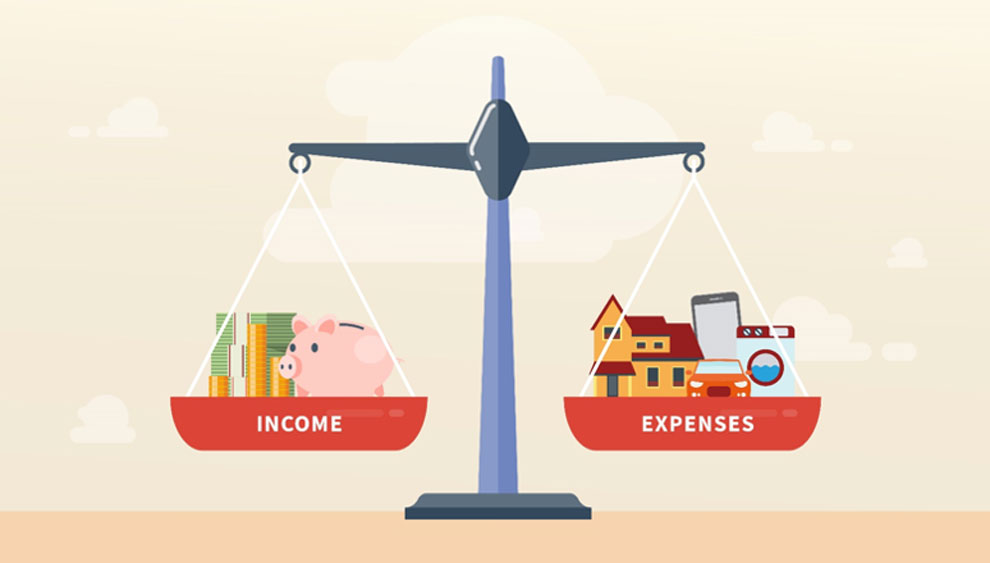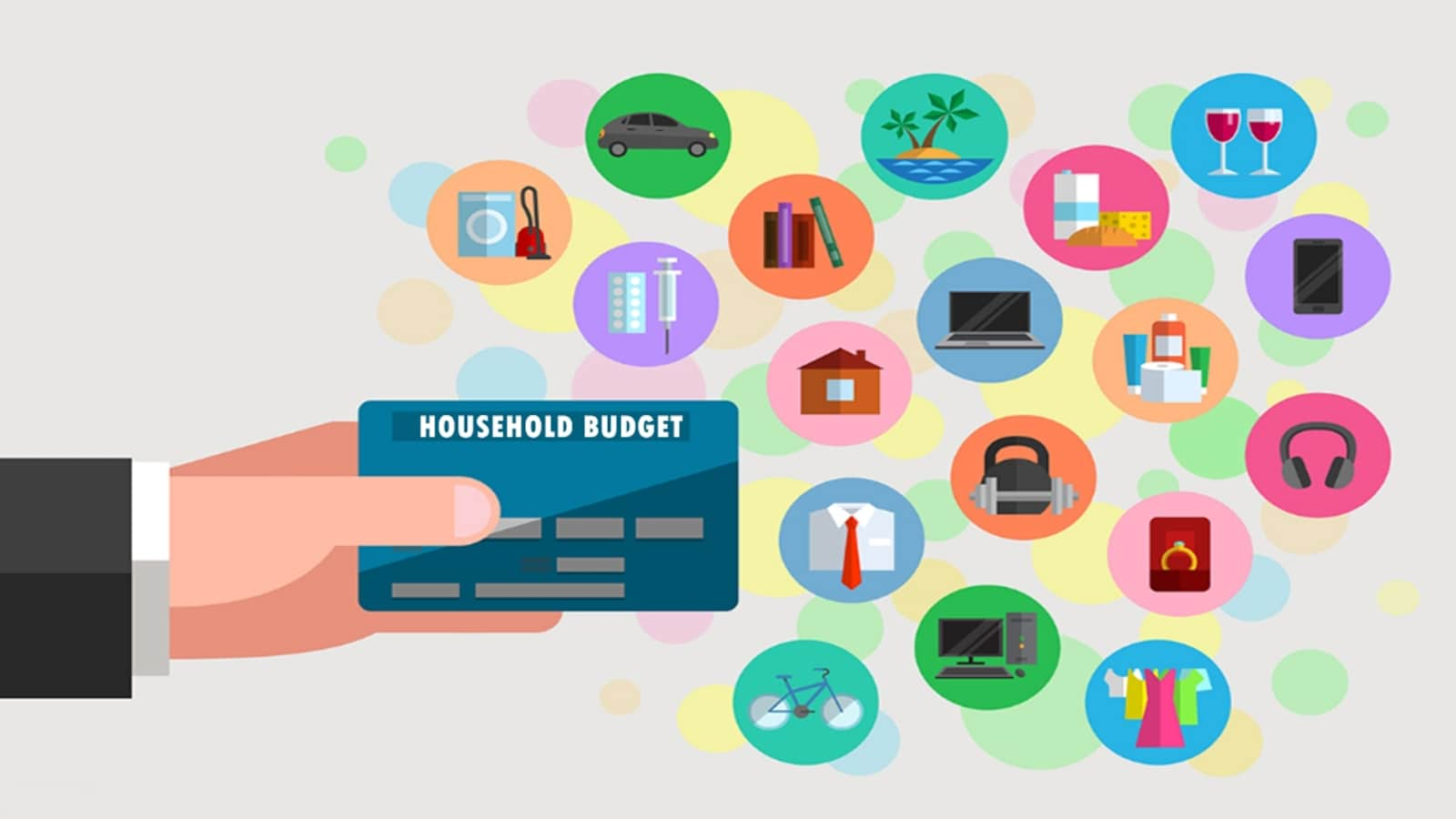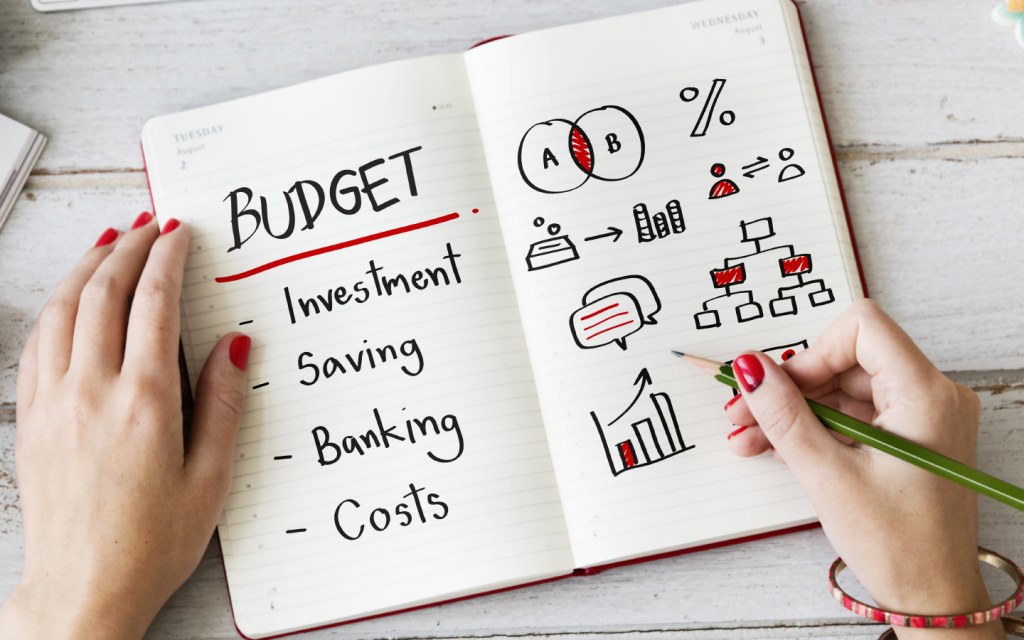Budgeting for Home renovations is important, but it can be tough if you don’t know where to start. This guide will help you begin your renovation budget and show you where to save money. Home improvement is a great way to add value to your home and create a more comfortable environment. This guide will help you figure out where to start.
If you’re thinking about how to budget for your family’s home needs, you may be wondering how you will pay for it.
It’s very common for parents to worry about how they will afford to pay for their child’s education and housing. But before we dive into a discussion about how to budget for your family’s home needs, let’s first talk about how you will pay for it.
One way is by taking out a home loan. If you choose a home loan, you’ll borrow money to pay for a house. This is a big decision, and you must carefully weigh each option’s pros and cons.’
The other option is to save. If you have the right investments, you could be able to put away enough money to cover the cost of the home.
To plan your budget, you first need to know your financial goals. Are you looking to buy a new house, save up for a new car, or pay off debt?
The next step is to determine your current income and expenses. This is where you need to be honest.
If you are considering buying a home, you need to know how much you should spend on a house. In this article, I will explain what is meant by the term “budget.”
If you plan on doing any home improvement projects in the coming year, you need to know the best time to do them.

How Much Will It Cost?
While it might seem daunting to create a budget for a home, it’s one of the most important aspects of maintaining a stable home.
When you set your budget, you’re setting the tone for how you spend your money. So whether you’re just beginning your journey towards saving money or already a seasoned veteran, setting a budget is vital to living within your means.
The first step towards creating a budget is determining your current monthly income. While you can take this information from a paycheck, I highly recommend gathering all the information you need by reviewing your credit card statements. This will allow you to understand better how much money you spend on everything from groceries to entertainment.
If you’re planning on starting a family soon, you’ll also need to know the number of children you plan to have. The more accurate this number is, the easier it will be to set your budget.
This book is for anyone who has a few hundred dollars to invest and wants to make money safely and smartly.
While the book doesn’t teach you how to make money, it does show you how to spend less than you make so that you can make more.
To do this, you’ll start by taking control of your finances. This means creating a budget and sticking to it. You’ll also find ways to cut costs by making smarter choices about where you spend your money and when you spend it.
When it comes to your home, you’ll start by choosing a budget amount to spend each month. Then, you’ll set goals for yourself, such as saving money for a vacation, buying new furniture, or paying off debt.
You’ll also use my tools to monitor your progress and keep you on track to achieve your goals.
What to expect
A budget is a key to financial success. Without a plan, you won’t be able to keep your finances on track.
That’s why it’s important to set a budget for yourself every month. Even if you’re working from home, you still need to allocate some money for your expenses.
To do this, I recommend creating a budget spreadsheet where you track all your income and expenses. This will allow you to easily see where you’re spending money and adjust accordingly.
First, let me clarify that you don’t need to be rich to enjoy a home of your own. And you certainly don’t need to buy everything new.
There are many ways to budget for your home. Some people use a spreadsheet, while others prefer to use an app. Whichever way you go, you need to plan for expenses and savings ahead of time.
The key is to ensure that you’re saving for the future and not living beyond your means. It’s easy to go into debt if you don’t set a budget, but it’s hard to dig yourself out of debt if you don’t know where your money is going.

What are the costs?
While it’s easier said than done, it’s still possible to budget for the home. Here are some tips and tricks to help you stay on track.
There are two types of budgeting for home: personal and business. Personal budgeting involves taking into account your financial situation.
Business budgeting involves taking into account your financial situation as a business owner. If you are trying to save money for a down payment or future home improvements, this is where you would start.
It’s never too early to start budgeting for your future. I recommend doing this once a year to make sure yensuretrack.
While you can make money with any career path, many people choose careers that offer financial security. You’ll need to be realistic about your expenses and keep your eye on the long term.
Don’t try to put off saving for retirement. Instead, figure out how much you need to save and put it into an account accessible monthly.
How to avoid common pitfalls
Now that you have a general idea of budgeting for a home, you can start planning to save money. Remember, when you begin saving, you don’t have to cut back on everything. You can focus on only the things that you need.
Plan ahead. Set aside weekly or monthly money to cover your bills and other expenses. This will help you avoid spending more than you planned.
Set up a budget. A budget can help you plan and avoid spending more than you need. Use the calculator below to get started.
Cut back on unnecessary expenses. This means turning off your cable TV, cutting back on eating out, and other things you don’t need to spend money on.
Take advantage of credit cards. Credit cards can be a great way to start saving money. But you have to use them responsibly.
Look into debt consolidation. Debt consolidation allows you to pay off multiple loans into one loan. You might be able to get a lower interest rate.
This is a pretty easy question to answer. The average person spends about 50% more than they make.
So if you can cut out some of your expenses, you should be able to save some cash. One of the easiest ways to save money is to get rid of things you don’t need.
Think about what you could do without. Would you be willing to sell an old phone? Or maybe your car?
If you do, you can easily make some extra cash. Then, you can invest that extra money into something that will benefit you long-term.

Frequently Asked Questions (FAQs)
Q: Why did you want to be a homeowner?
A: To have a place where I could live out my life. I want to live my life comfortably. I need to have a home where I can relax and unwind.
Q: How did you save money for a down payment?
A: I used my savings and some inheritance money from my grandparents. I was fortunate to have a little bit of money saved up.
Q: What is your advice for young people considering buying a home?
A: First and foremost, ensure you’re willing to commit financially. It would help if you had someone to guide you through this process. Make sure you are ready to put in the time and effort. Also, looking for a good loan officer or financial adviser who can help you through the process is important. It would help if Q: What are some of your tricks for budgeting for a home?
A: I have two roommates now. I would say one of the biggest things to budget for is rent. Another big thing is utilities like electricity, water, and gas. You have to be careful about not spending too much on groceries because you can easily go over your budget.
Q: How does it feel to live where you don’t spend as much money as you’d want?
A: It feels great. When renting, I always looked for something nicer than what we had. Now, I enjoy my stuff and am not worried about upgrading. I just bought a new car.
Q: How do you know when to invest in real estate?
A: A home can be one of your greatest investments. However, don’t take on too much debt if you want to save for retirement.
Q: How does a 30-year mortgage look to you?
A: It looks like you are paying interest on interest. But when you start to compare interest rates, it’s not that bad.
Q: How should I invest my money?
A: You should have a mix of stocks and bonds. Your goal should be to build wealth over the long term, which means having some assets you appreciate.
Q: What is the best investment for me?
A: The best investment is one tha understands, wit,h your lifestyle and has a reasonable return rate.
Myths About Budgeting
1. Home budgeting takes too much time.
2. You have to keep a separate budget for each home area.
3. You cannot keep track of your spending if you do not use a notebook.
Conclusion
Now that you know what to look for when choosing a budget planner, you’re ready to start. I recommend downloading a free budget planner like Mint or YNAB (I use YNAB) and setting it up.
Once you have Mint or YNAB set up, you can start entering your expenses into it.
To make sure you can afford to retire, you need to start saving early and be disciplined about spending.
You need to make a budget and stick to it. A budget can help you stay on track by forcing you to set priorities. It will also help you avoid spending money you don’t have.
You should also save 10-15% of your income into a retirement account. That way, you can invest the money and watch it grow.
